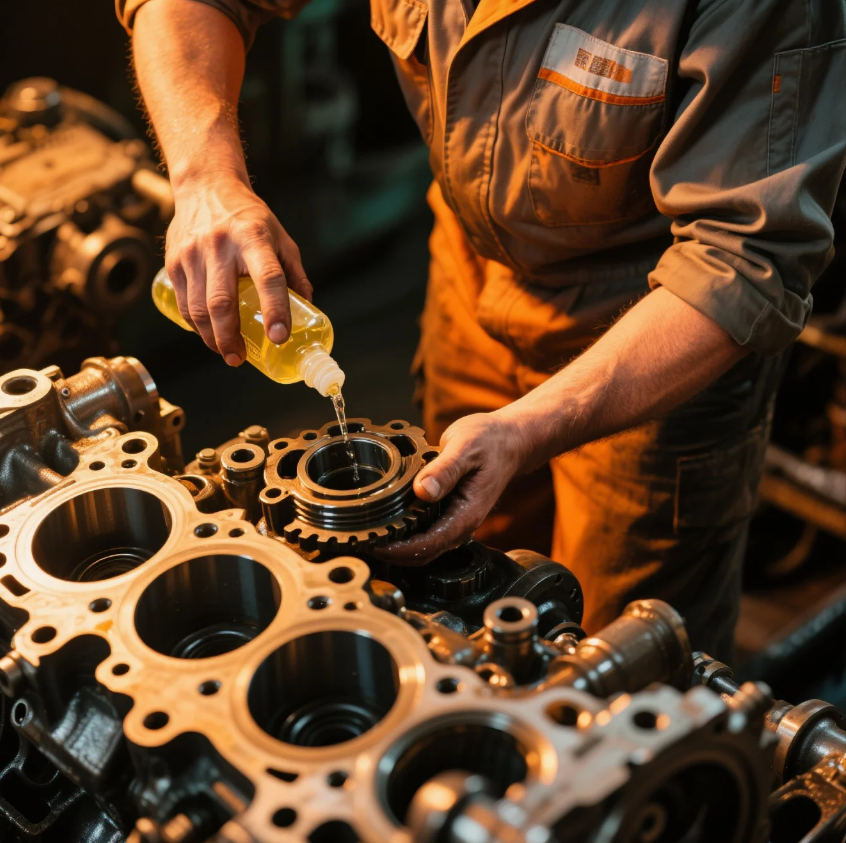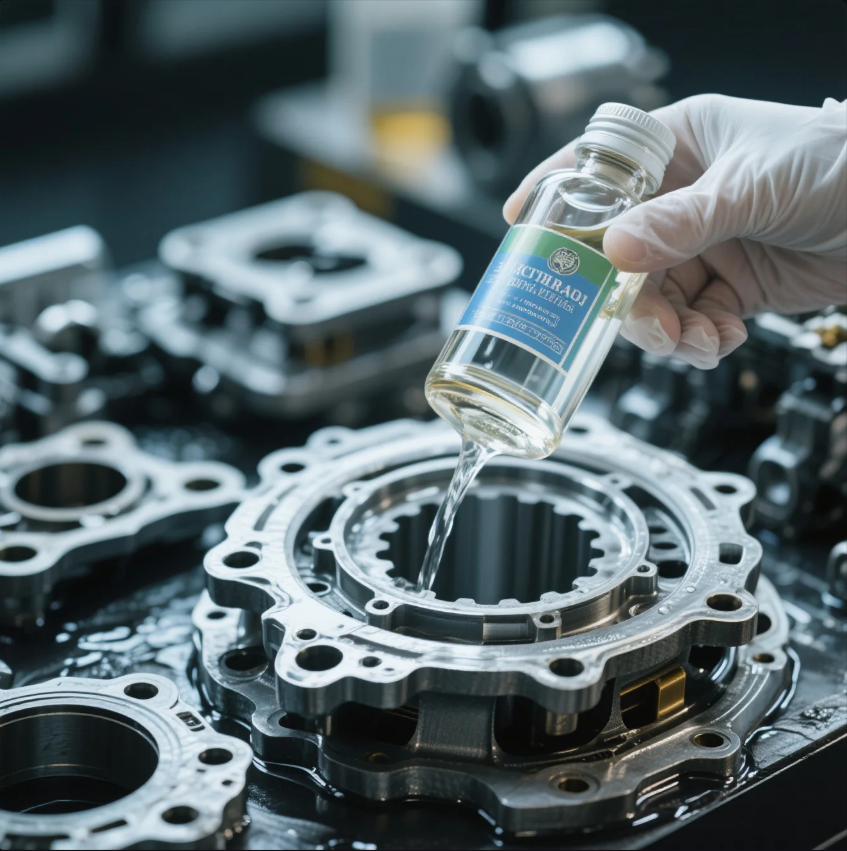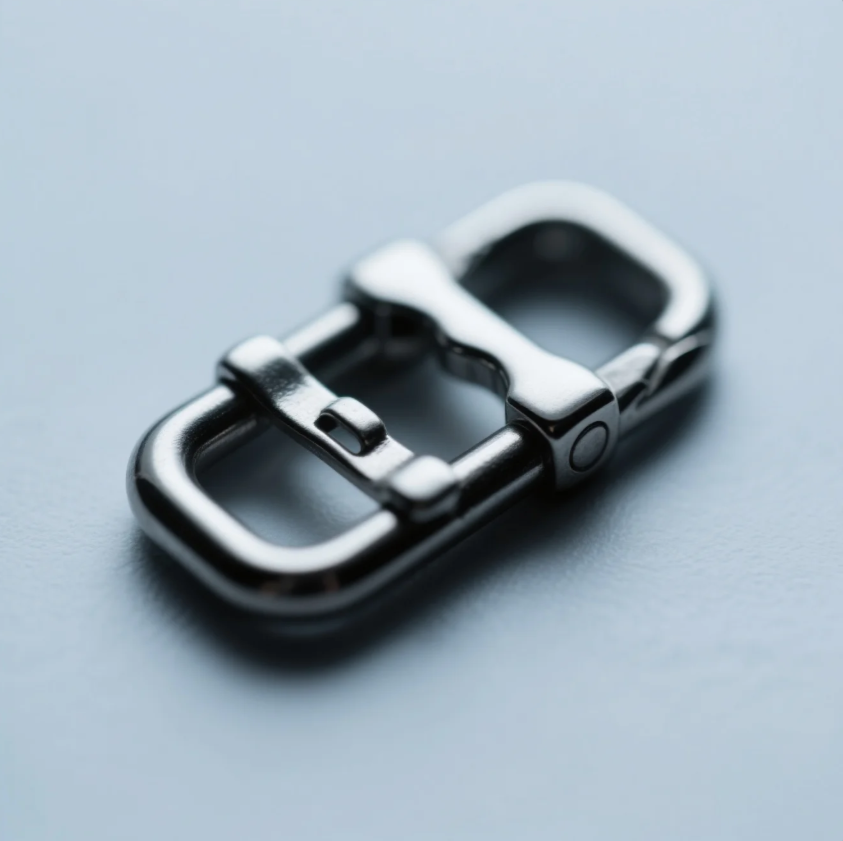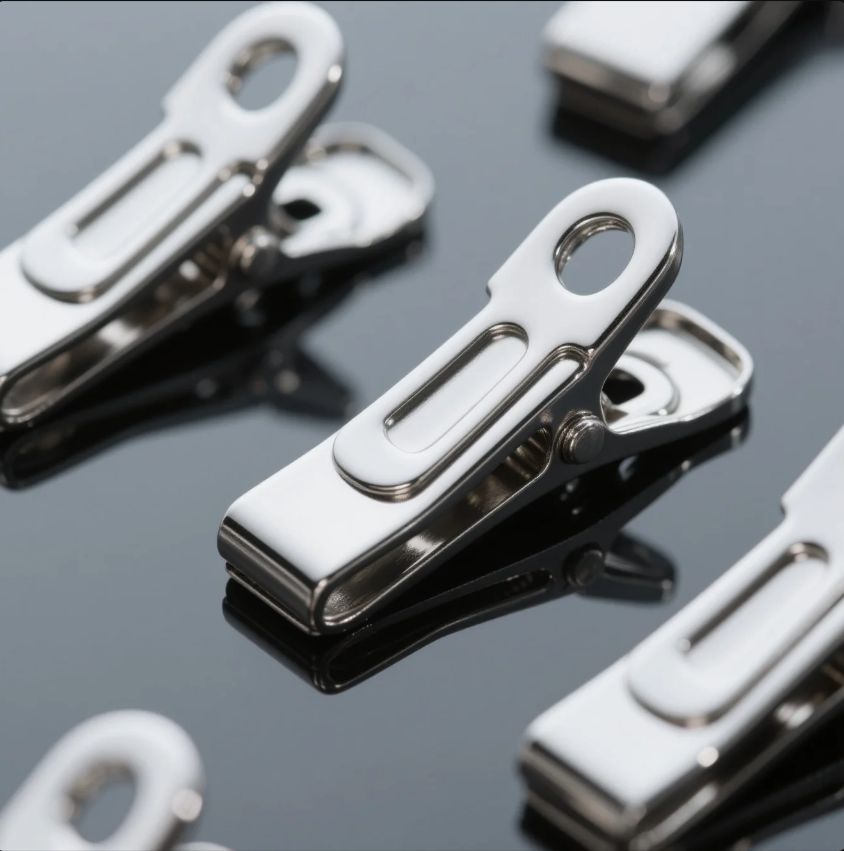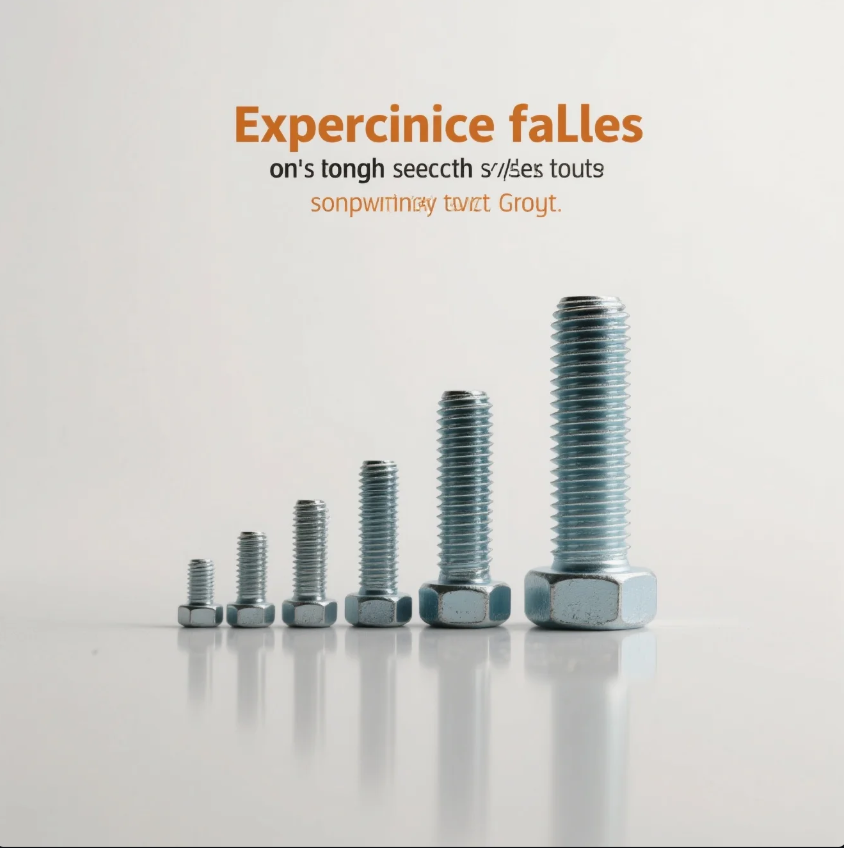What is the best anti-seize for steel bolts?
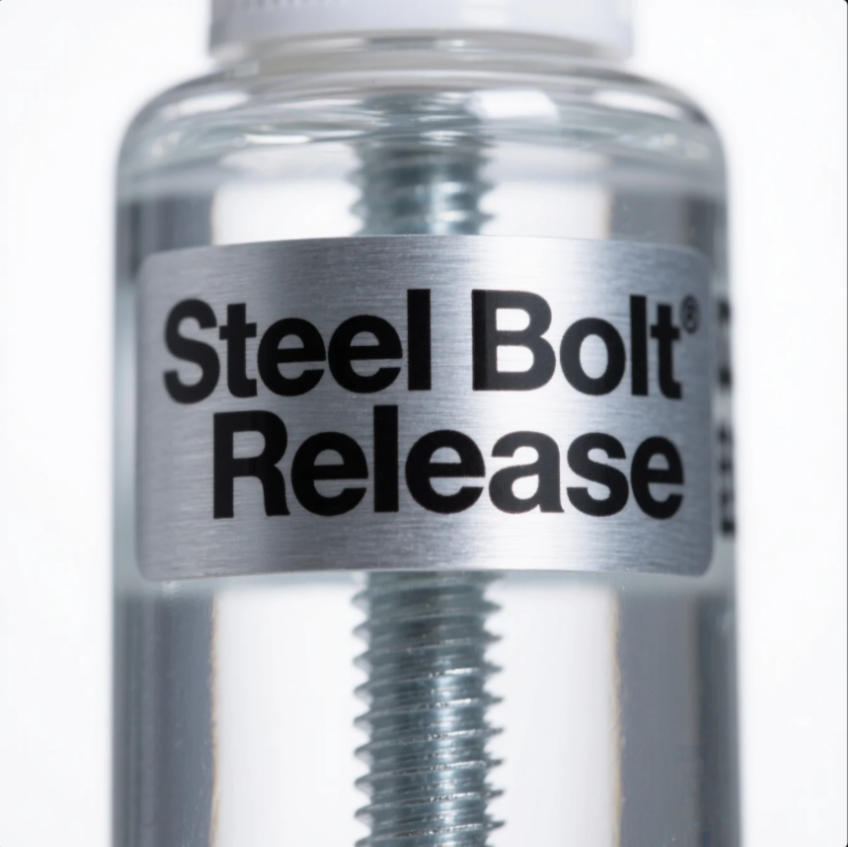
Stuck bolts delay production and increase costs. The right anti-seize compound prevents these failures.
Anti-seize compounds reduce friction and prevent bolt galling and rust. The right type depends on temperature, materials, and corrosion risk. Copper and nickel-based formulas dominate the market. Learn which works best for your needs.
Choosing the wrong anti-seize leads to seized bolts, damaged threads, or even mechanical failure. Don’t let that happen. Let’s explore which options work best—and how Prime ensures bolt performance from the start.
What is the best anti-seize for bolts?
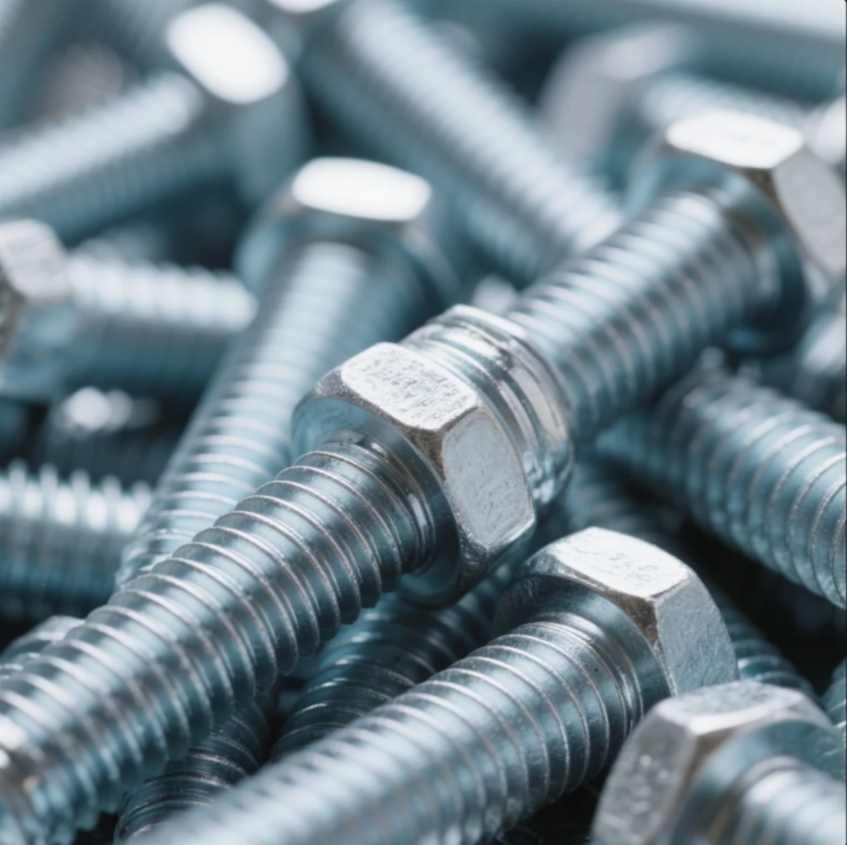
Bolts seize when metal rubs metal under heat, pressure, or moisture. Anti-seize prevents that damage.
Nickel, copper, aluminum, and ceramic anti-seize compounds each serve different needs. Choose based on heat range and metal compatibility.
Copper-based is the most common. Nickel handles higher temperatures. Ceramic suits non-metallic needs. Prime often provides bolts pre-treated to match use cases.
Types of Anti-Seize and Their Applications
| Anti-Seize Type | Temp Range | Best For |
|---|---|---|
| Copper-Based | -30°C to 980°C | General use, automotive, low stress |
| Nickel-Based | -30°C to 1425°C | Stainless steel, extreme heat |
| Aluminum-Based | -30°C to 870°C | Light-duty machinery, indoor use |
| Ceramic-Based | -30°C to 1425°C | Non-metallic or dissimilar metals |
I once used aluminum-based anti-seize on a heating unit—it failed within a month. Since then, I’ve trusted Prime’s nickel-coated fasteners for extreme environments. They’ve never let me down.
Which is better, copper or nickel anti-seize?
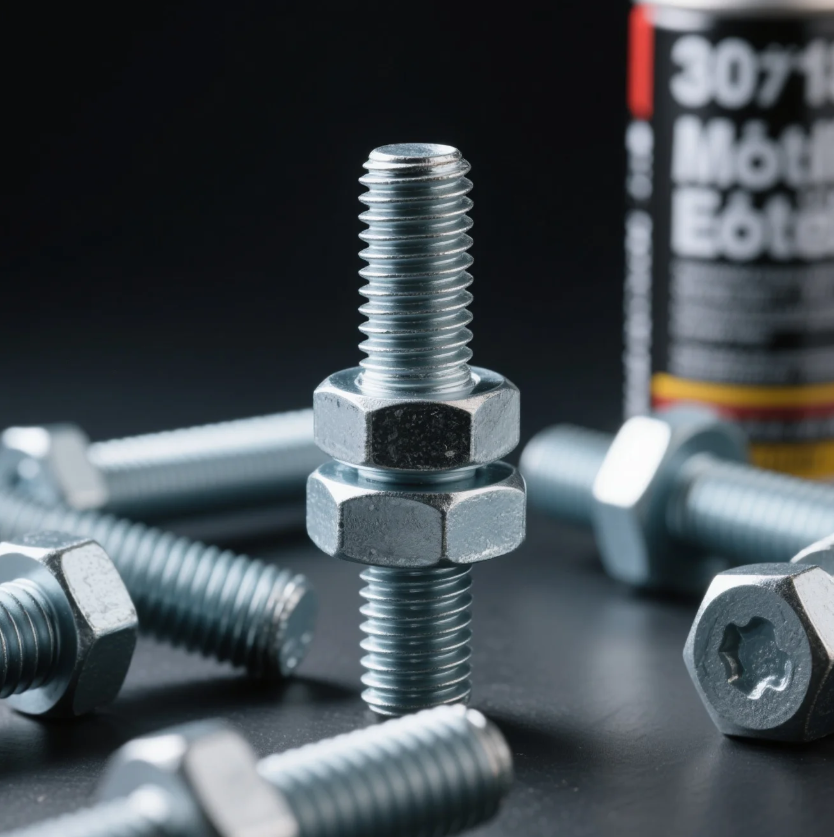
Copper works for most tasks, but nickel handles tougher jobs. Don't pick based on price alone.
Nickel anti-seize resists higher heat and corrosion than copper. But copper is more affordable and easier to apply. Choose based on the environment.
Copper compounds react with some metals and cause galvanic corrosion. Nickel avoids this and lasts longer in marine or chemical zones.
Head-to-Head Comparison
| Feature | Copper-Based | Nickel-Based |
|---|---|---|
| Max Temperature | 980°C | 1425°C |
| Chemical Resistance | Moderate | High |
| Cost | Lower | Higher |
| Galvanic Corrosion Risk | Higher with aluminum | Very Low |
| Common Use | Auto, general | Oil, gas, marine |
At Prime, we help clients choose the right anti-seize compound for every CNC bolt, fastener, or casting part. For stainless-steel or aluminum mix applications, we suggest nickel-based or ceramic anti-seize to avoid reaction issues.
How to prevent galvanic corrosion between aluminum and steel bolts?
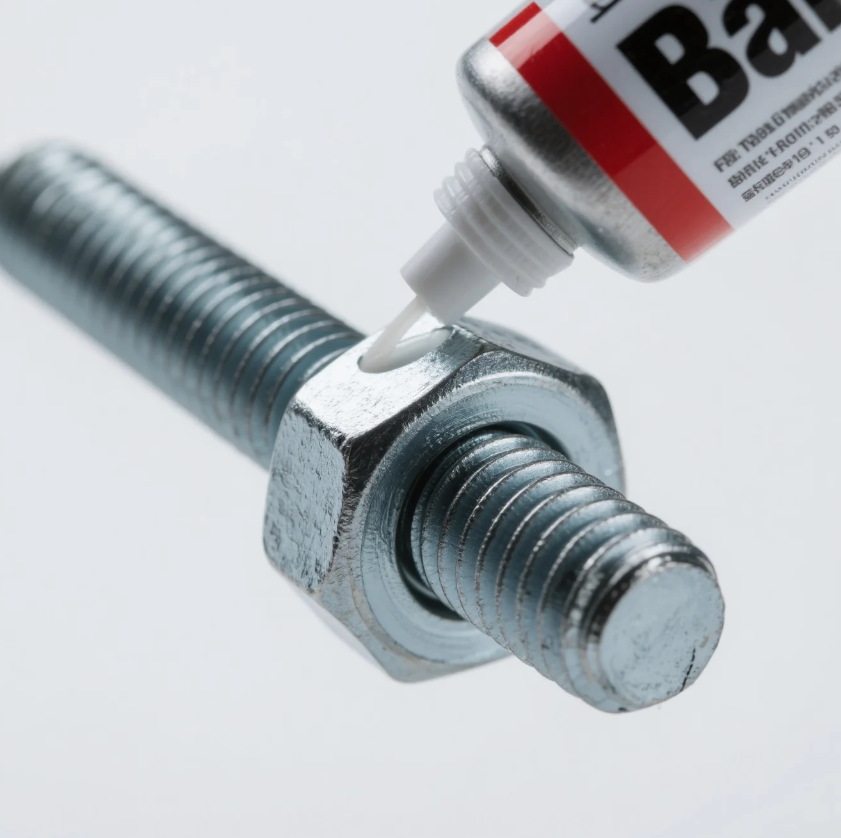
When different metals touch, corrosion spreads fast. Moisture accelerates this even more.
Use insulating washers, matching coatings, and anti-seize to prevent galvanic corrosion. Never install bare steel bolts into bare aluminum.
Prime supplies bolts with custom PTFE or zinc-nickel coatings to stop this chemical reaction. We also add sealants or sleeves when requested.
Galvanic Corrosion Prevention Checklist
- Use same or compatible metals
- Apply anti-seize compound
- Add insulating washers or sleeves
- Use coated fasteners
- Ensure tight, dry connections
We once helped a European client replace rusted steel bolts in an aluminum frame. Their old supplier didn’t explain galvanic risk. We provided custom fasteners with zinc-nickel coating and pre-applied ceramic anti-seize, which solved the issue.
Does anti-seize keep bolts tight?
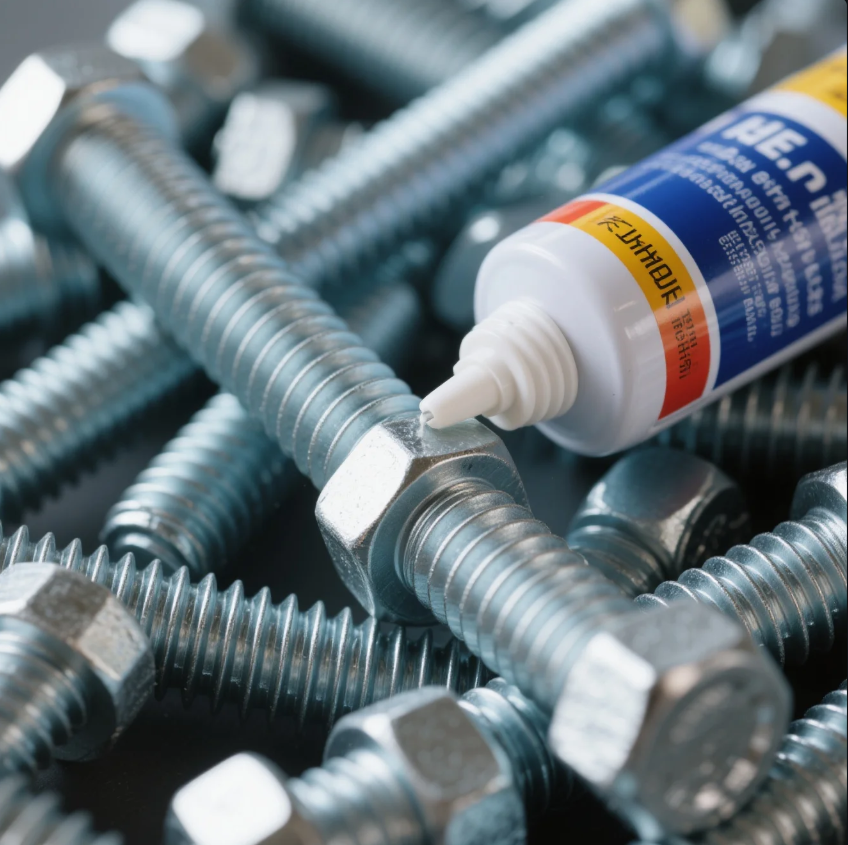
Anti-seize reduces friction—but it doesn’t mean bolts get loose. You just need to torque properly.
Anti-seize affects torque values. It lowers resistance, so adjust torque to avoid over-tightening. It doesn’t make bolts loose.
Some users skip anti-seize fearing bolts will unwind. That’s wrong. It prevents thread damage and galling. For safety, always follow torque charts that include anti-seize use.
Torque Adjustment When Using Anti-Seize
| Bolt Grade | Dry Torque | Lubed (Anti-Seize) Torque |
|---|---|---|
| Grade 5 | 100 Nm | \~75 Nm |
| Grade 8 | 120 Nm | \~90 Nm |
| Stainless | 110 Nm | \~85 Nm |
Prime’s engineering team helps buyers select the right torque values and pre-treatment. We include technical documentation for every custom fastener or CNC component shipped.
Conclusion
Choose the right anti-seize and apply it properly to protect your bolts for the long run.
Need steel bolts pre-treated with anti-seize? Contact Prime now through our website. Get a free quote, expert support, and ISO-certified custom bolt solutions delivered fast. We help clients worldwide avoid bolt failures and keep their systems running smoothly.

